
What is the thermal conductivity of paperboard?
Understanding Thermal Conductivity Thermal conductivity is a physical property that measures a material’s ability to conduct heat. It is defined as the rate at which[…]

How do you estimate the thermal conductivity of a PCB?
Introduction to Thermal conductivity estimation of PCBs Printed Circuit Boards (PCBs) are essential components in modern electronic devices, serving as the foundation for electrical connections[…]
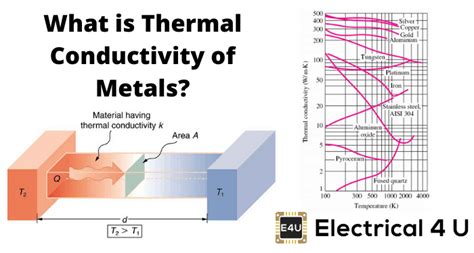
What is the thermal conductivity of PCB FR-4?
What is FR-4? FR-4 (Flame Retardant 4) is a composite material composed of woven fiberglass cloth with an epoxy resin binder. It is a popular[…]
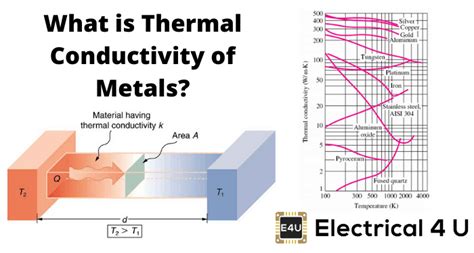
What is thermal conductivity in PCB?
Why is Thermal conductivity important in PCBs? Thermal conductivity plays a crucial role in the performance and reliability of PCBs for several reasons: Component lifetime:[…]
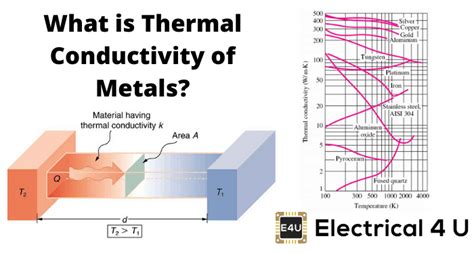
What is the thermal conductivity of PCB board material?
Understanding Thermal conductivity Thermal conductivity is a physical property that describes a material’s ability to conduct heat. It is defined as the rate at which[…]
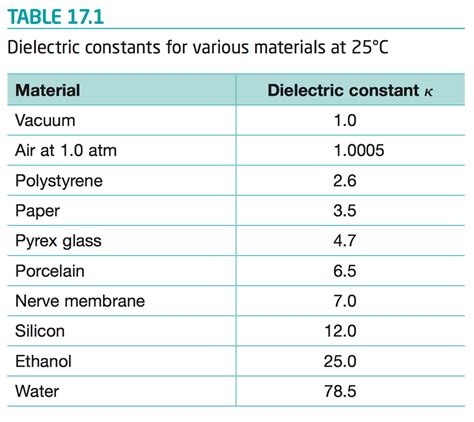
What is the dielectric constant of high TG FR4?
Understanding the Dielectric Constant The dielectric constant, also known as relative permittivity (εr), is a measure of a material’s ability to store electrical energy in[…]
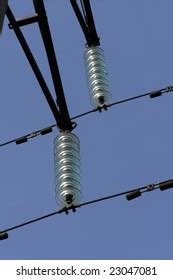
What is the dielectric isolation of FR4?
What is FR4? FR4 is a composite material made up of woven fiberglass cloth impregnated with an epoxy resin binder. The “FR” in its name[…]
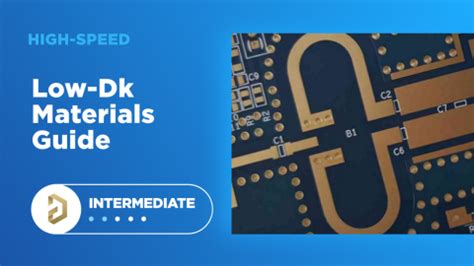
What is the dielectric constant of FR4 at 1ghz?
Understanding FR4 and its Dielectric Properties FR4, or Flame Retardant 4, is a widely used composite material in the electronics industry, particularly for printed circuit[…]
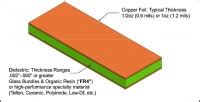
What is the standard thickness of FR4 layer?
Understanding FR4 and Its Role in PCBs FR4 (Flame Retardant 4) is a composite material composed of woven fiberglass cloth with an epoxy resin binder.[…]
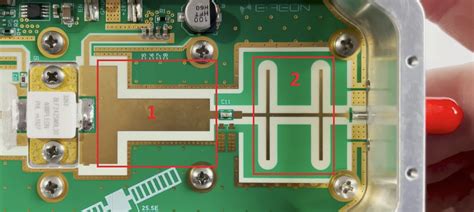
What is PCB matching length?
Introduction to PCB matching length In the world of printed circuit board (PCB) design, achieving optimal signal integrity is crucial for ensuring the proper functioning[…]